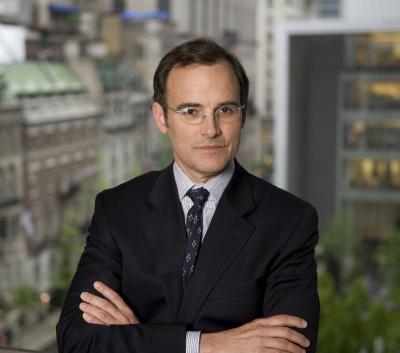
To introduce Columbia University’s Meyer Schapiro Professor of Art History and Archaeology Barry Bergdoll — who gives his talk “The Museum as Architectural Activist: The Art of Advocacy” Oct. 22 at the UO — I will use his own words:
“I don’t want to just show off the next handsome building. Architecture can be socially transformative. But I’m not interested in exhibiting something just because its intentions are good. Quality and aesthetics are still the final judgment.”
“We should look at what worked before cities were rewritten by cars and highways. We can learn how to build more ecologically.”
“It’s a tough time for architects and designers. We’re in the hangover of the housing boom. But I have an optimistic view. The economy is pushing people. Instead of designing pretty objects, we’re discussing design. There’s a new social commitment. Increasingly, architects are thinking about the relationship of their profession to the big problems of the world.”
This is an excerpt of an interview Bergdoll did with Elle Décor in 2013, when he was also chief curator of architecture and design at New York’s MoMA (Museum of Modern Art). In his positions at Columbia and MoMA, Bergdoll has earned a reputation for being a forward-thinking architecture scholar and activist, even though his bread and butter is 18th-century and 19th-century French and German architecture (see his book: European Architecture 1750-1890). At the MoMA, he curated exhibits that addressed modern problems, like in Foreclosed: Rehousing the American Dream, which had teams of architects, urban planners and engineers reimagine a sustainable future for American suburbia. With Rising Currents, Bergdoll gathered up-and-coming architects to solve the problem of rising sea levels in New York City; some of the solutions included wetland buffer zones and transforming canals into oyster hatcheries.
Rumors have it that he also put pressure on MoMA to preserve its purchased neighbor, the American Folk Art Museum, instead of demolishing the iconic building. If there is a question-answer session, this would be prime time to ask Bergdoll about the demolishing of our own city hall — what will we lose and what will we gain?
Bergdoll gives his talk 5:30 pm Wednesday, Oct. 22, at the UO, Lawrence Hall, Room 115; FREE.